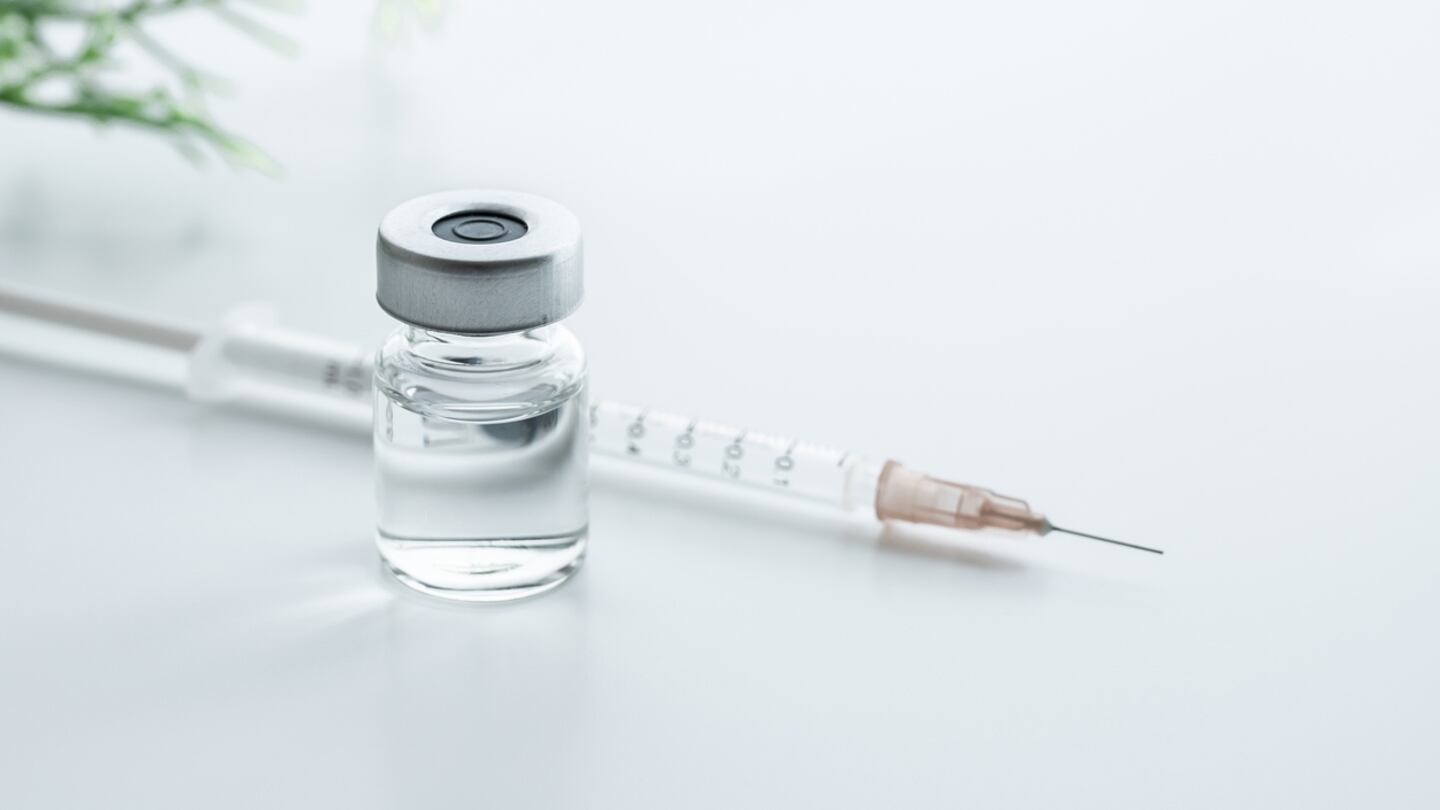BOSTON — State public health officials are investigating four recent botulism cases that are linked to cosmetic Botox injections on the South Shore.
In a clinical advisory to health care providers on Thursday, Department of Public Health officials urged providers to “be alert” for symptoms consistent with botulism occurring after botulinum toxin injections.
State officials did not disclose where the four cases were reported on the South Shore.
“These cases highlight the risk of iatrogenic botulism, a rare but serious adverse event resulting from the administration of botulinum toxin products,” the advisory states. “DPH is advising healthcare providers to be alert for symptoms consistent with botulism occurring after botulinum toxin injections.”
Botulinum toxin, known commonly as Botox, is widely used for cosmetic purposes to reduce wrinkles and fine lines.
Experts say improper dosing, administration technique, or use of non-FDA-approved products may increase the risk of systemic botulism symptoms.
Botulism is the rare and sometimes fatal disease caused by botulinum toxin circulating in the blood and producing effects remotely from the injection site.
There may be symptom overlap between the presentation of localized adverse effects from injection of botulinum toxin, especially in the head and neck, and the early symptoms of botulism.
“Healthcare providers should be alert for symptoms consistent with botulism occurring after botulinum toxin injections,” state public health officials said in their advisory.
Initial botulism symptoms may include double or blurred vision, drooping eyelids, slurred speech, difficulty swallowing, and difficulty breathing, officials said. These symptoms may be followed by a descending, symmetric muscle weakness that progresses over hours to days.
State officials said symptoms to watch out for include:
- Muscle weakness, especially in areas beyond the injection site. Note especially symmetric or bilateral weakness in distinction to localized weakness at or near the injection site, which is expected.
- Dysphagia (difficulty swallowing)
- Dysarthria (speech difficulties)
- Ptosis (drooping eyelids)
- Respiratory difficulty
- Other cranial nerve palsies
Symptoms may develop hours to days post-injection.
State officials offered the following guidance for clinicians:
- Maintain a high index of suspicion for botulism in patients presenting with compatible symptoms following cosmetic Botox or other botulinum toxin injections.
- Obtain a detailed history of recent botulinum toxin exposure, including the name and location of the injecting provider and any available information about the brand, lot and dose.
- Report suspected cases immediately to the Massachusetts Department of Public Health by calling 617-983-6800 (24/7) or to the local board of health
- Coordinate prompt clinical management, including supportive care and consideration of botulinum antitoxin administration when indicated. Early treatment can improve outcomes.
- Counsel patients who report using or being interested in using botulinum toxin about potential adverse effects.
- Advise patients to receive injections only from licensed providers who are trained in proper administration of FDA-approved botulinum toxin products, preferably in a licensed or accredited healthcare setting.
“MDPH is actively investigating these cases to identify the source and prevent further incidents,” the advisory states. “Clinicians are urged to report any suspected cases promptly to facilitate timely public health response.”
Anyone with additional information or questions is urged to contact the Massachusetts Department of Public Health at 617-983-6800.
This is a developing story. Check back for updates as more information becomes available.
Download the FREE Boston 25 News app for breaking news alerts.
Follow Boston 25 News on Facebook and Twitter. | Watch Boston 25 News NOW
©2025 Cox Media Group






